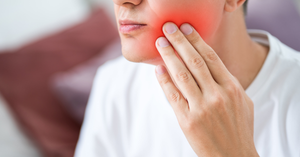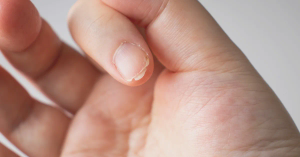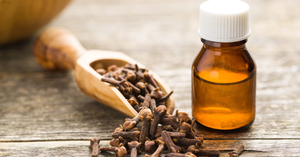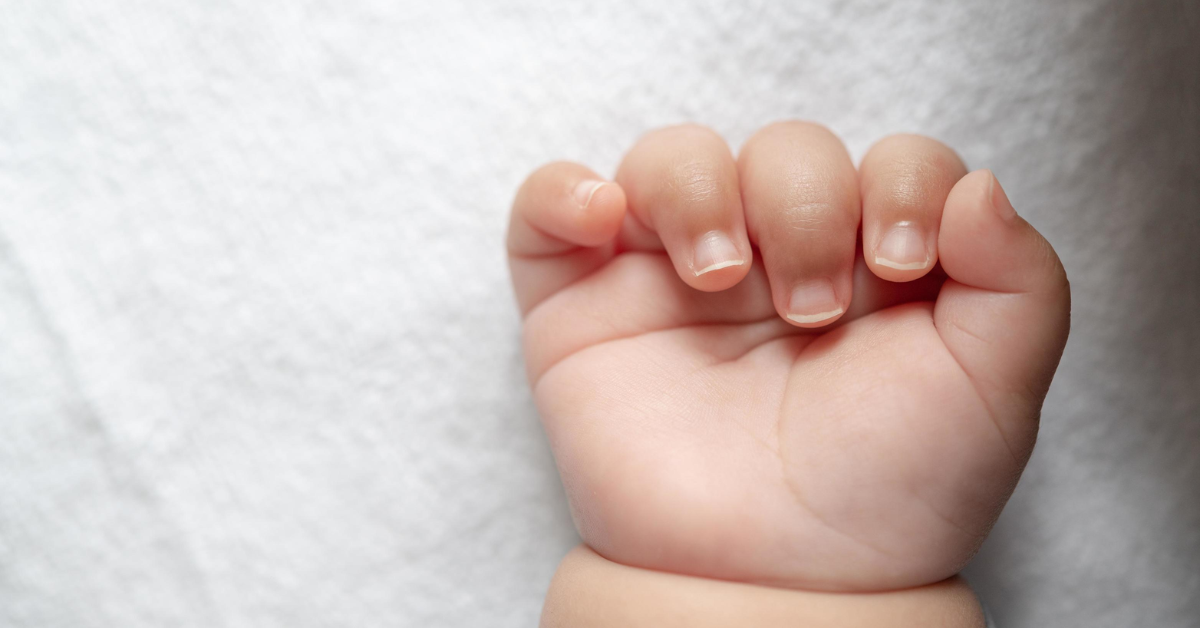RVS, or respiratory synovial virus, is a common virus that causes infection in the respiratory tract and lungs. While it causes only mild-like symptoms in adults, it might pose a potential health issue in newborns, such as pneumonia, bronchitis, or other chronic health conditions.
According to a study, nearly all infants have been infected by this virus by the age of 2. Of those, nearly 1-2 percent show severe outcomes.
Thus, it is a significant concern for most parents. Read below this guide to find out how you can spot RSV symptoms, their causes, prevention, and treatment.
It is especially important for children born in developing or underdeveloped countries
RSV Symptoms
For infants and other high-risk groups, it is important to identify the symptoms for immediate medical care. Here are a few symptoms, including
- Wheezing or coughing
- Difficulty or fast breathing
- Persistent fever
- Lethargy
- Loss of appetite
- Bluish discoloration of toes and fingers
RSV Immunization
To protect infants from this virus, the RSV vaccine is administered during a 32 to 36 week of pregnancy. To protect the baby after birth, another RSV immunization is administered to the baby to produce the necessary antibodies. However, the latter is needed only in rare cases.
Besides, babies entering their second RSV season might need an RSV immunization, in case
- Baby is born prematurely
- Baby has chronic or congenital lung and heart issues
- Baby have cystic fibrosis.
- Baby have a weak immune system.
Tips to Prevent Your Baby From RSV
Here are a few essential tips that will help you protect your newborn against RSV.
Hand Hygiene
Since RSV spreads easily through droplets or direct contact, it is important to ensure anyone who comes into contact with your baby must wash their hands properly before touching it.
Limited Exposure to Public Space
It is important to avoid taking your baby to crowded places during the RSV season, which typically runs from early winter to early spring. And take extra precaution if they’ve been around people who are sick.
Keep surfaces clean.
RSV can survive for several hours on hard surfaces. Therefore, do not forget to use disinfectants to regularly wipe objects, such as baby toys or door knobs, that are frequently touched.
Avoid Smoking
Smoking is a potential risk factor for spreading RSV infections. Therefore, make sure your baby isn’t around anyone who smokes. Furthermore, smoking can potentially harm your infant’s lungs and immune system significantly.
Breastfeeding
According to a report released by the World Health Organization, exclusive breastfeeding for 6 months is recommended by WHO as it helps boost immunity. Since breast milk contains certain vital antibodies, it can protect against RSV infections to a certain extent.
Seek Immediate Help If
The symptoms, such as difficulty breathing, dehydration, or a high fever, are persistent. In such a situation, contact your doctor immediately to prevent any further complications.








